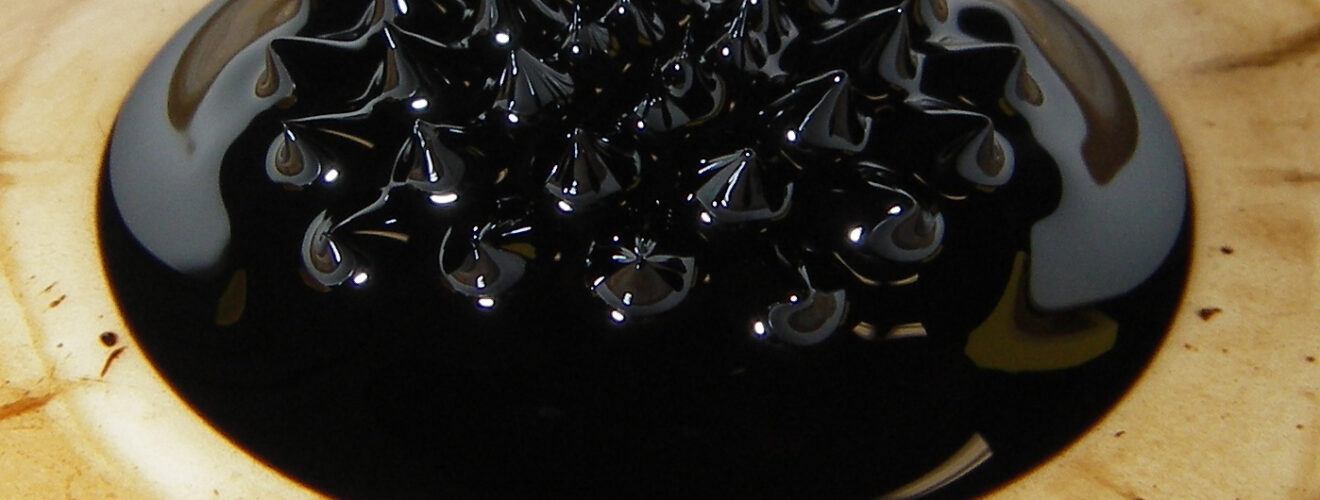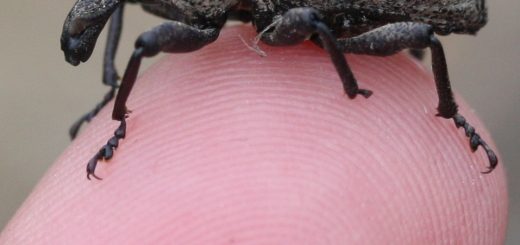From cancerous livers to orbital manoeuvres

Cubesats – small (1 to 10 kg), cuboid satellites that can be launched into space cheaply – are something of a Strathclyde University and Glasgow speciality, with the StrathSEDs project developing new designs and Clyde-Space manufacturing them locally.
However, the cubesats that are currently orbiting the Earth have no way of manoeuvring in space once jettisoned by a launch vehicle. In recent years researchers have developed micro rocket engines to propel the cubesats while in orbit. These engines use hollow needles less than 1 mm long and thinner than a human hair that spray jets of ions when an electric current is applied. In space, even the tiny amount of thrust produced by these engines is enough to move a cubesat.
The rocket engines currently have several drawbacks; they are expensive, difficult to make and can be damaged easily, either by the turbulent trip into space or an electrical arc while in use. Now researchers at the Michigan Technological University have used a liquid called a “ferrofluid” that can assemble itself into the needles required and act as the propulsion fuel. In a brilliant example of cross-discipline collaboration, the ferrofluid used was originally developed by researchers at the University of Sydney to treat liver cancer.
Ferrofluids consist of tiny magnetic particles suspended in a solvent that forms the required hollow needles when a magnetic force is applied. An electric force is then applied to the liquid, causing spontaneous ion emission through the needles. In addition, needles damaged by small surges in electric power will be replaced by new ones, something that would render pre-fabricated needles damaged beyond repair. The system isn’t quite ready to go into orbit yet, as the team must first understand what is going on at the microscopic level to produce the thrust, before building a larger prototype.










